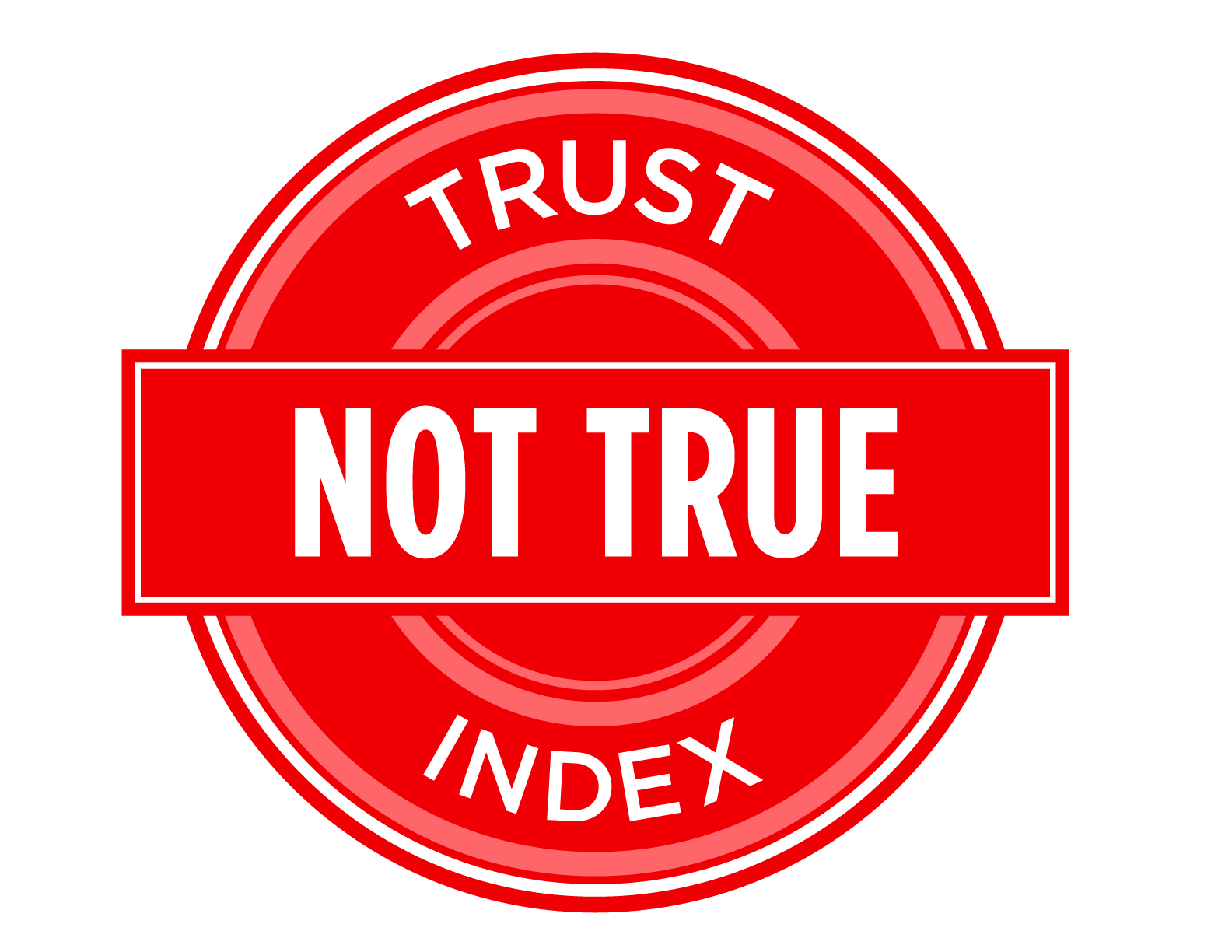SEMINOLE COUNTY, Fla. – When Deanna Magee sealed up her Seminole County mail-in ballot for the primary election in August, she noticed her party affiliation printed on the back of the envelope.
She was alarmed.
“I didn’t feel like my mail-in ballot was safe once I realized that, because the person who’s delivering my mail may not agree with my party affiliation,” Magee said. “I don’t think that’s a very good idea.”
Magee worried exposing her political affiliation to those who would handle her ballot from the postal service all the way to the supervisor of elections office, could invite ballot tampering or voter fraud.
[TRENDING: Florida moves to phase 3 of coronavirus reopening | New Jurassic World coaster announced | What authority do local leaders have in Phase 3 of coronavirus reopening?]
“Honestly, I don’t think they should know what party affiliation anybody is,” Magee said. “It’s very upsetting, I don’t want to put my ballot in somebody else’s hand that knows what way I’m voting. Maybe they’re voting the opposite way, and I want to make sure my ballot gets in [and] counted.”
Seminole County Elections Supervisor Chris Anderson admitted, indeed, the “REP” printed on envelopes stands for Republican and, likewise, “DEM” is short for Democrat. “NPA”, or no-party affiliation, is also printed on ballots.
“That is a tracking mechanism from our vendor,” Anderson said. “That explains if you are a certain party affiliation, you are getting the correct ballot based on your party affiliation. That is something that has been going on before this year but now folks are paying more attention to it .”
News 6 discovered Seminole, Orange, Osceola, Volusia and Marion counties all print political affiliation on primary mail-in ballot envelopes.
Anderson said the letter or abbreviation on the outside of the envelope saves manpower and allows a quick, visual double-check to make sure the right ballot goes out to and is received from the right voter.
[TRACK YOUR BALLOT: Voting by mail? Here’s how to track your ballot]
“We have 328,000 registered voters, we are considered a large county, according to the Florida Association of Supervisors of Elections,” Anderson said. “So you magnify that to Orange County, Palm Beach and Broward, the vote-by-mail population is humongous. So the key is making sure that you get the right ballot to the right person, because let me tell you, if you don’t, you’re going to get a phone call from a voter and they’re going to be upset. And they’re going to question why you’re not paying attention to detail.”
The primary election in Florida is a closed primary, meaning only those registered for parties can vote for candidates in those parties, so the correct ballot matters.
In Orange County alone, elections workers had to mail out 600 different versions of ballots during the primary election, according to Supervisor Bill Cowles. Ballots vary based on precinct and political affiliation.
“Here in Orange County, we have 247 different precincts and we have to assign the ballot to that precinct,” Cowles said. "So when we did the presidential preference primary on Aug. 16, we had over 600 different ballot cards. So this is information that helps us make sure [the] right ballot [gets] to the right voter so they’re voting on what they’re eligible to vote for. "
Osceola County, which does not have automated ballot-processing machines like Seminole, relies on the political affiliation printed on the envelope for primary elections, according to Supervisor Mary Jane Arrington.
“With the volume of mail ballots that we’re sending out, we need an efficient way to do this,” Arrington said. “Osceola County in the primary, for example, we sent out 75,000 mail-in ballots. That’s more than a third of our voters.”
Arrington also pointed out that political affiliation is public record.
“I want to remind you that your party is public record, anyone can call and ask what your party is and we have to tell them,” Arrington said.
Nonetheless, elections supervisors said they’ve heard the concerns and are working with their printers to figure out a better way for the next primary election.
“We certainly understand so we have all reached out and talked to our vendors,” Anderson said. “In Orange and Seminole, we all use the same vendor so we are going to work through that process to make sure we get that fixed so we address their concerns.”
Elections supervisors said they’ll explore using a code that represents political affiliation instead of an obvious "R" or "D" or “REP” or “DEM.”
And all supervisors promise that no party affiliation will appear on mail-in ballot envelopes in the general election because affiliation doesn’t matter. All voters can vote for any candidate, regardless of affiliation, in the November general election.
Cowles said any voter who is concerned about ballot tampering should drop off the ballot in person either at the Supervisor’s office or at any early voting location. All early voting locations are now required to have drop boxes.
“So if your ballot doesn’t come back, you can still go vote at an early voting site or on Election Day or get another ballot,” Cowles said. “So we tell people to take responsibility for their ballot. And also follow our tracker.”

After review, we've found this information is Not True.
After talking to local elections officials, News 6′s Trust Index team found that voters should not be concerned about their mail-in ballots having their political affiliations on them during the general election.
Each elections office has a web page where you can check to see that your ballot has been received.
Learn more about tracking your ballot here.